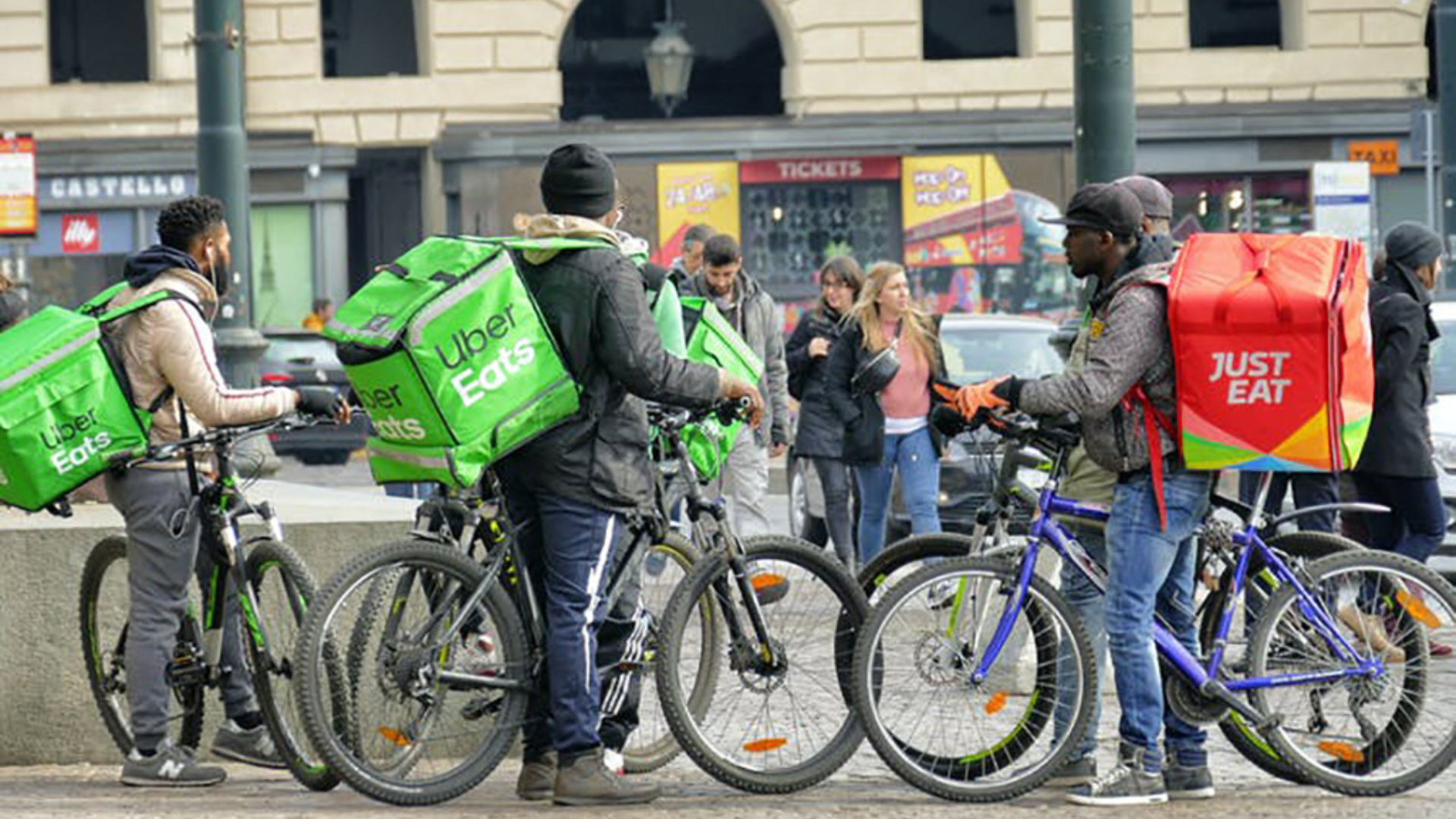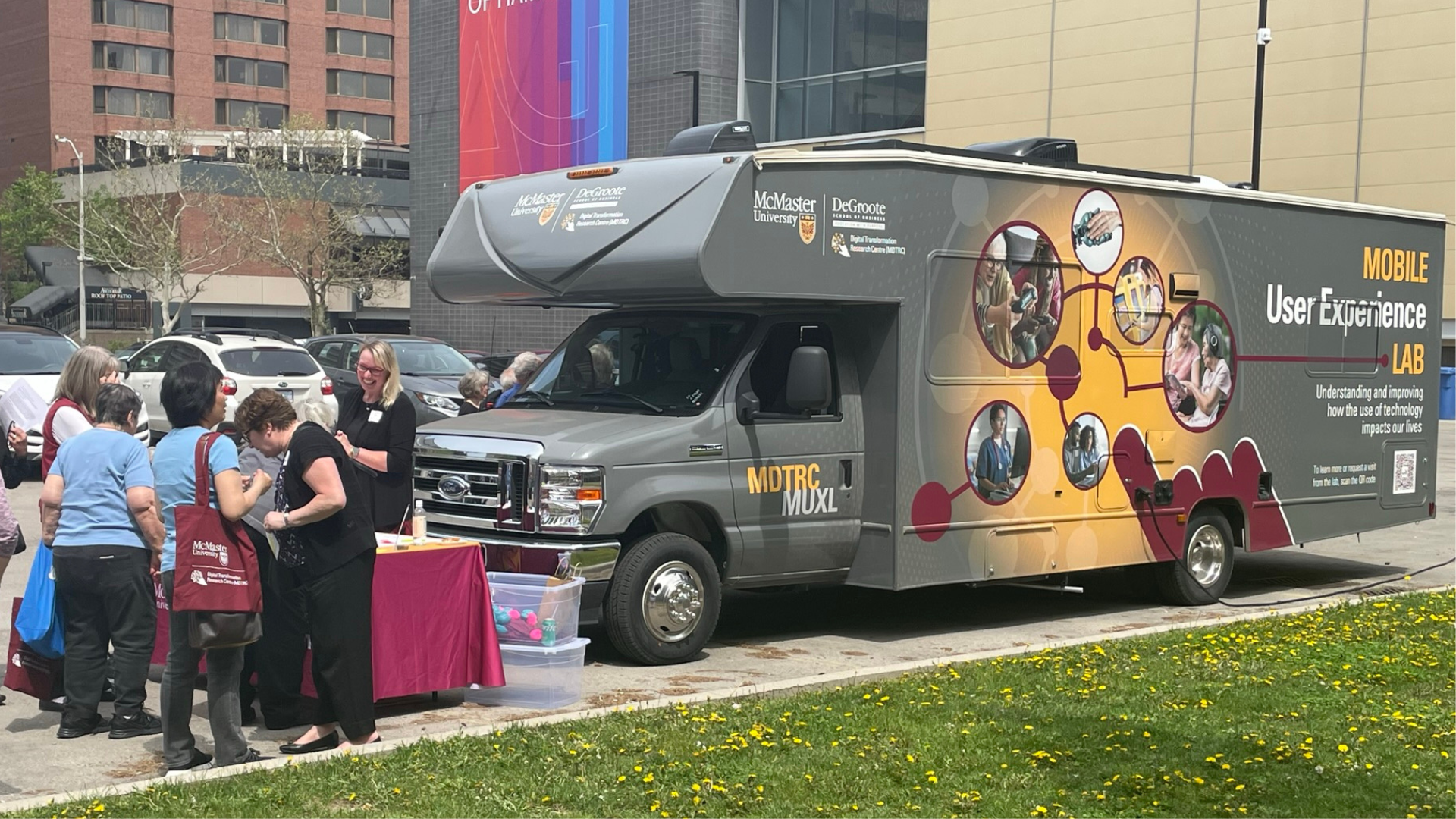HUMAN RESOURCES AND MANAGEMENT RESEARCH
Six challenges of being a gig worker during the COVID-19 pandemic
August 12, 2021 ·
Contributed by: Erin Reid, Associate Professor, Human Resources & Management
Share

The gig economy, once associated mainly with musicians and artists, is stretching into more and more areas of the workforce. With the advent of tech platforms such as Uber, Airbnb and TaskRabbit, many of us have come to rely on gig workers to take us places, rent us rooms or take care of small tasks. Both the number and the type of workers employed in the gig economy has grown.
Yet these are only the most visible segments of the gig labour market. A number of specialist platforms focused on knowledge economy services have emerged, such as Kolabtree, which connects users to independent scientists, and Eden McCallum, a company which serves clients with teams of independent management consultants.
CBC’s The National looks at a platform that connects workers and customers
Gig workers’ day-to-day lives are fundamentally different from people with traditional employment in organizations who enjoy more predictable wages, supportive managers and steady relationships. As scholars of work, psychology and organizations, we have focused our recent research on the challenges these workers face and the personal resources they can draw upon to deal with them.
6 challenges of being a gig worker
Drawing on our own research and studies by other researchers, we identified six key challenges for these workers that are rooted in the structure of gig work itself:
• Remaining financially viable without a predictable salary.
• Organizing the logistics of work without the support of the administrative infrastructure (e.g., accounting, marketing).
• Crafting a clear work identity without the roles and communities that anchor identities in organizations.
• Navigating an uncertain career path and forecasting one’s future work without the more predictable career options offered by companies and industries.
• Coping with the heightened emotional turbulence occasioned by highs and lows of working independently.
• Maintaining work relationships without a clear and stable set of regular colleagues.
We developed The Gig Work Challenges Inventory (GWCI) to measure these challenges.
We developed and validated 18 questions through a series of surveys conducted with many different types of gig workers including rideshare drivers, freelance editors, creative workers, consultants, designers and online digital piece-workers.
Our ongoing research is devoted to understanding what makes these challenges more or less salient to workers, as well as how they can cope with them. Our measure captures the experiences of workers around the world, including a global sample of scientists.

Internet and communications technologies now mean that gig workers compete globally for work. (Shutterstock)
Different experiences
Gig workers are not all alike and their experiences of these challenges are not all the same. They have different skills, do different kinds of work and find their gigs in different ways. Our studies suggest that these differences importantly shaped workers’ experiences of the six core challenges of gig work in the following ways:
• Professional status matters: Comparing professionals (e.g. editors, consultants) to non-professionals (e.g. delivery drivers), we find that non-professionals report generally higher levels of all six challenges than do the professionals.
• Income matters: Not surprisingly, a gig worker’s income impacts their experience of challenges — lower income gig workers report higher levels of all six challenges than do higher income workers.
• How gig workers find work matters: Workers who find their gigs through platforms like Upwork tended to report greater emotional and career path challenges than did those who found their work through other means, such as through their existing social networks.
Resources for coping
Gig workers’ experiences of these challenges have shifted during the COVID-19 pandemic. Surveys that we conducted with a sample of independent scientists before and during the pandemic reveal how this global disruption reduced the number of available work opportunities and amplified workers’ difficulties with fluctuating emotions, organizing day-to-day work and maintaining relationships.
However, our data also suggest some psychosocial resources that may help gig workers cope with layers of work and non-work challenges. Specifically, when gig workers felt that their work was meaningful and that they had emotional support in their social networks going into the pandemic, they reported higher levels of psychological resilience and well-being, and less loneliness, during the pandemic.
These results show how doing work that is meaningful and having strong relationships can help buffer the challenges of gig work, even as they become amplified during a pandemic.
We anticipate that our work will be useful to gig workers, organizers, practitioners, managers and scholars. We encourage workers themselves to use the inventory to evaluate their own work lives and consider where they need to invest in building resources to sustain themselves.

Gig economy protesters block a downtown street in Toronto, Ont. on May 1, 2020. (THE CANADIAN PRESS/Frank Gunn )
Third-party platforms such as Kolabtree and Upwork as well as freelancer unions and other organizations might use this measure as a basis for creating supportive services and programs for their workers.
Last, we hope that researchers can use this inventory to continue to better understand gig workers’ lived experiences and generate new insights about the implications of this increasingly prominent way of working.![]()
Erin Reid, Associate professor, Human Resources & Management, McMaster University; Brianna Barker Caza, Associate Professor of Management, University of North Carolina – Greensboro; Steve Granger, PhD Candidate, University of Calgary, and Susan Ashford, Michael and Susan Jandernoa Professor of Management and Organizations, University of Michigan
This article is republished from The Conversation under a Creative Commons license. Read the original article.















